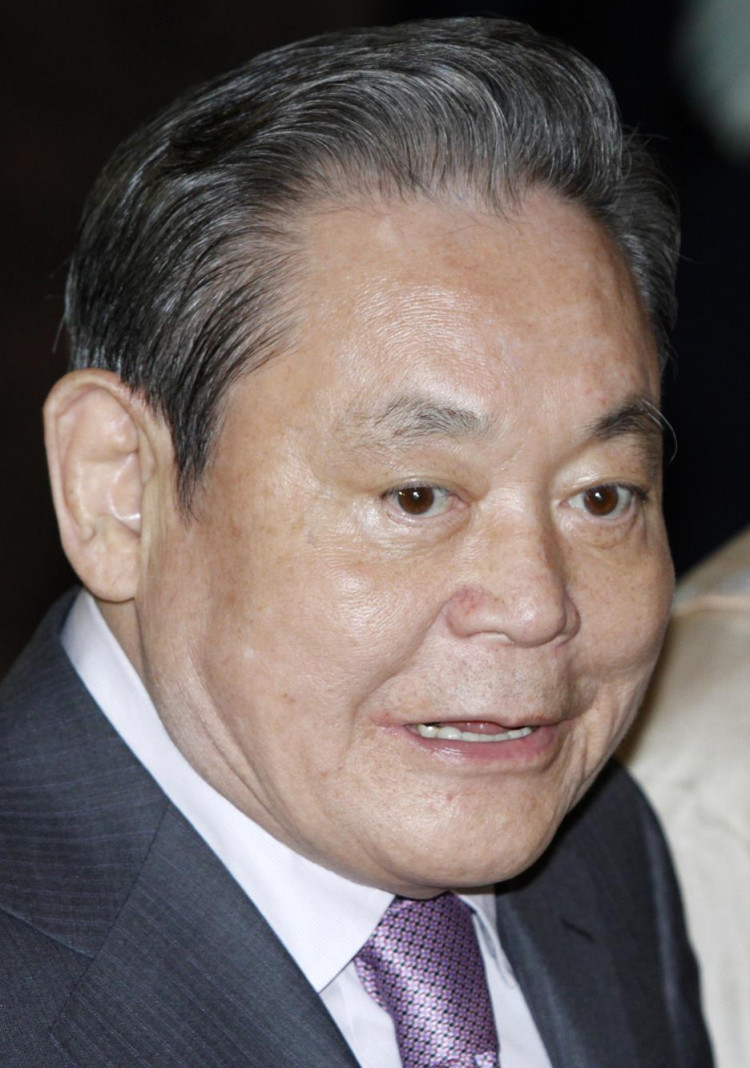Samsung Electronics chairman Lee Kun-hee has passed away, according to reports by South Korean news agency Yonhap. He was 78.
A company statement disclosed that the ailing Lee died on Sunday with his family members, including his only son and de facto Samsung director Lee Jae-yong, by his side.
The long-time chairman of Samsung Group transformed the small television manufacturer into a global consumer electronics powerhouse. The company did not divulge the cause of his death, but Lee had been under hospital care since May 2014 after suffering a heart attack.
Under the leadership of Lee, Samsung ascended to emerge as the biggest maker of LCDs, microchips, and smartphones. The biggest tech conglomerate in South Korea, Samsung's current total turnover is equivalent to one-fifth of the country's gross domestic product.
"Chairman Lee was a true visionary who transformed Samsung into the world-leading innovator and industrial powerhouse from a local business. His legacy will be everlasting," Bloomberg quoted Samsung in a statement.
Samsung is by far the largest of the family-run group of companies that dominate the business landscape in South Korea. The conglomerate encompasses technology, construction, amusement park operation, insurance, shipbuilding, among others. Samsung Electronics alone accounts for almost a quarter of the market capital of the country's primary stock market.
Based on the Bloomberg Billionaires Index, Lee was worth almost $21 billion. His only son has been at the helm of Samsung's business since he suffered a heart attack. Lee's only son is expected to inherit a $300 billion business that's profiting from a global health crisis boom in online activity.
Lee's passing comes at a time when Samsung is facing a lot of pressure from rising market competition, not to mention the burden the company had to deal with in terms of innovating its conventionally robust hardware business. His demise also comes at a complex period to reorganize a constrained hierarchical culture and to enhance its corporate policies.
Lee almost never went out of his way to speak with reporters but was closely monitored each time he did, usually with stern New Year corporate messages. Despite his massive fortune and influence, Lee rarely left the comforts of his palatial abode in central Seoul to visit the company headquarters, earning him the moniker "Hermit King".
Samsung Electronics beat Tokyo-based Sony to become the biggest seller of flat-screen televisions in 2006 -- the same year that the company's market value breached the $100 billion mark. Samsung also became the top seller of smartphones in 2012, overtaking Nokia Oyj, which had dominated the market for over 10 years.






